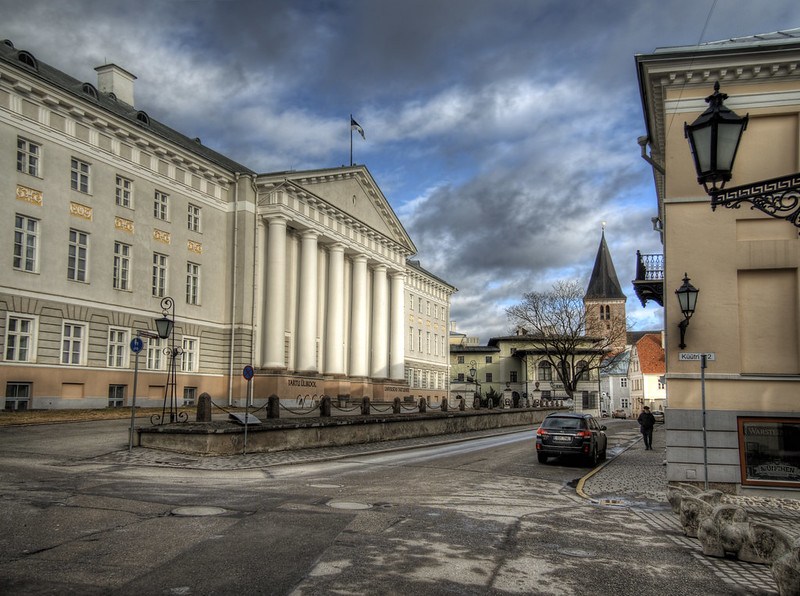The Baltic states – Estonia, Latvia and Lithuania – have reached an agreement with the Benelux countries on mutual recognition of the degrees and diplomas awarded by each other’s institutions.
The multinational agreement means that anyone graduating from an educational establishment in Belgium, the Netherlands and Luxembourg will have their qualifications automatically recognised by institutions and employers in the Baltic states.
For Belgium, because education is a matter for the language communities, the approval of the Flemish, French-speaking and German-speaking communities was required.
The Benelux countries have had mutual recognition of diplomas since 2015 for bachelors and masters, and since 2018 for higher degrees. Likewise, the Baltic states have agreed to recognise each other’s diplomas.
A union between the two systems seemed like an easy option, and in 2019 the six countries signed a declaration of intent in the margins of a European Council meeting. That intent has now come to fruition.
Other agreements on mutual recognition exist, but are most often restricted in subject or in scope. The sort of blanket approval now existing between the Benelux/Baltic systems is a rarity.
The consequence will be that graduates will no longer face long waits and high costs, and quite some uncertainty, before finding out whether the degree gained in their homeland will even be considered a degree in the country they want to work in.
The agreement is intended to stimulate the free movement of people of six nationalities seeking to study and/or work in one of the partner countries.

